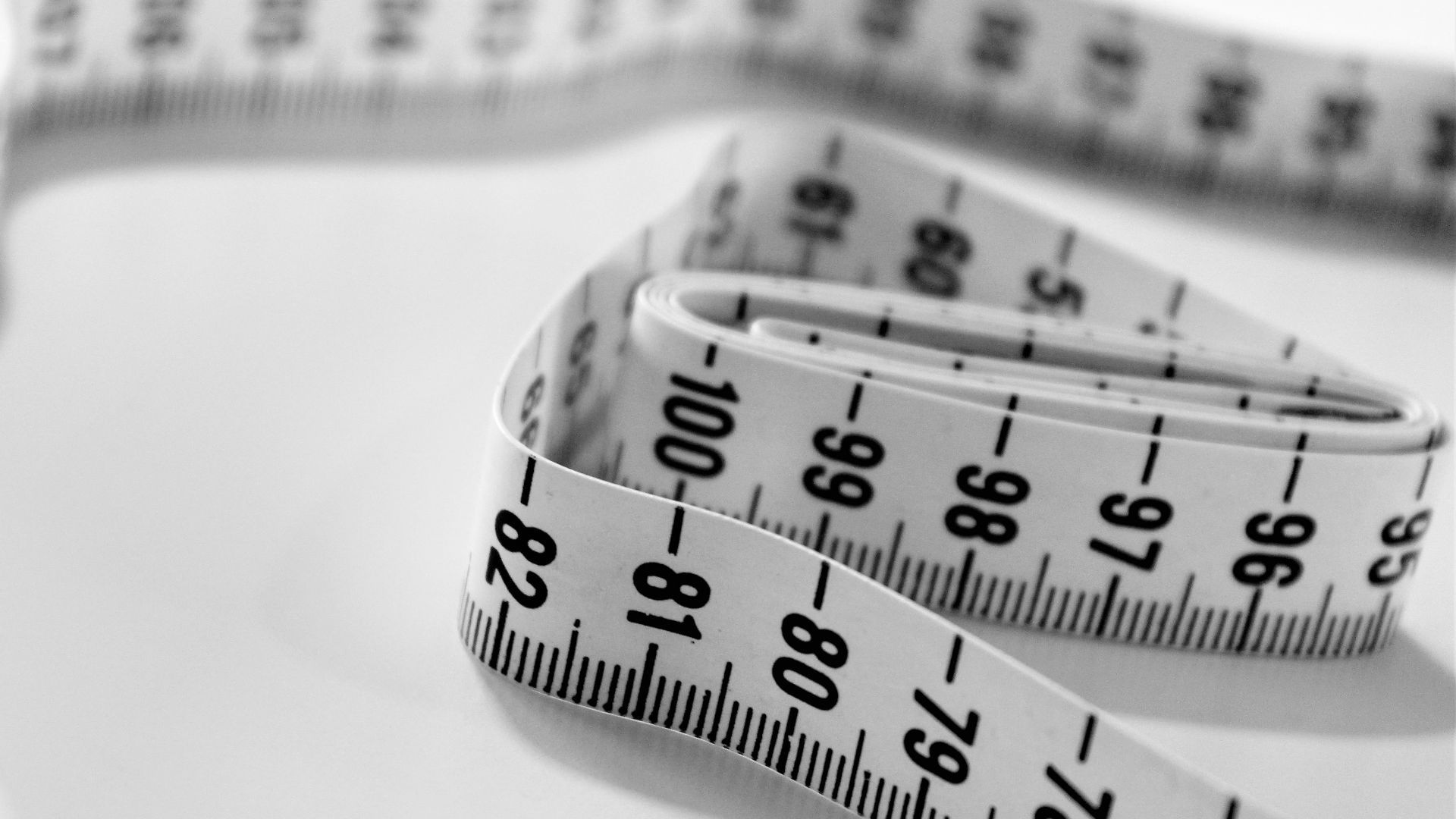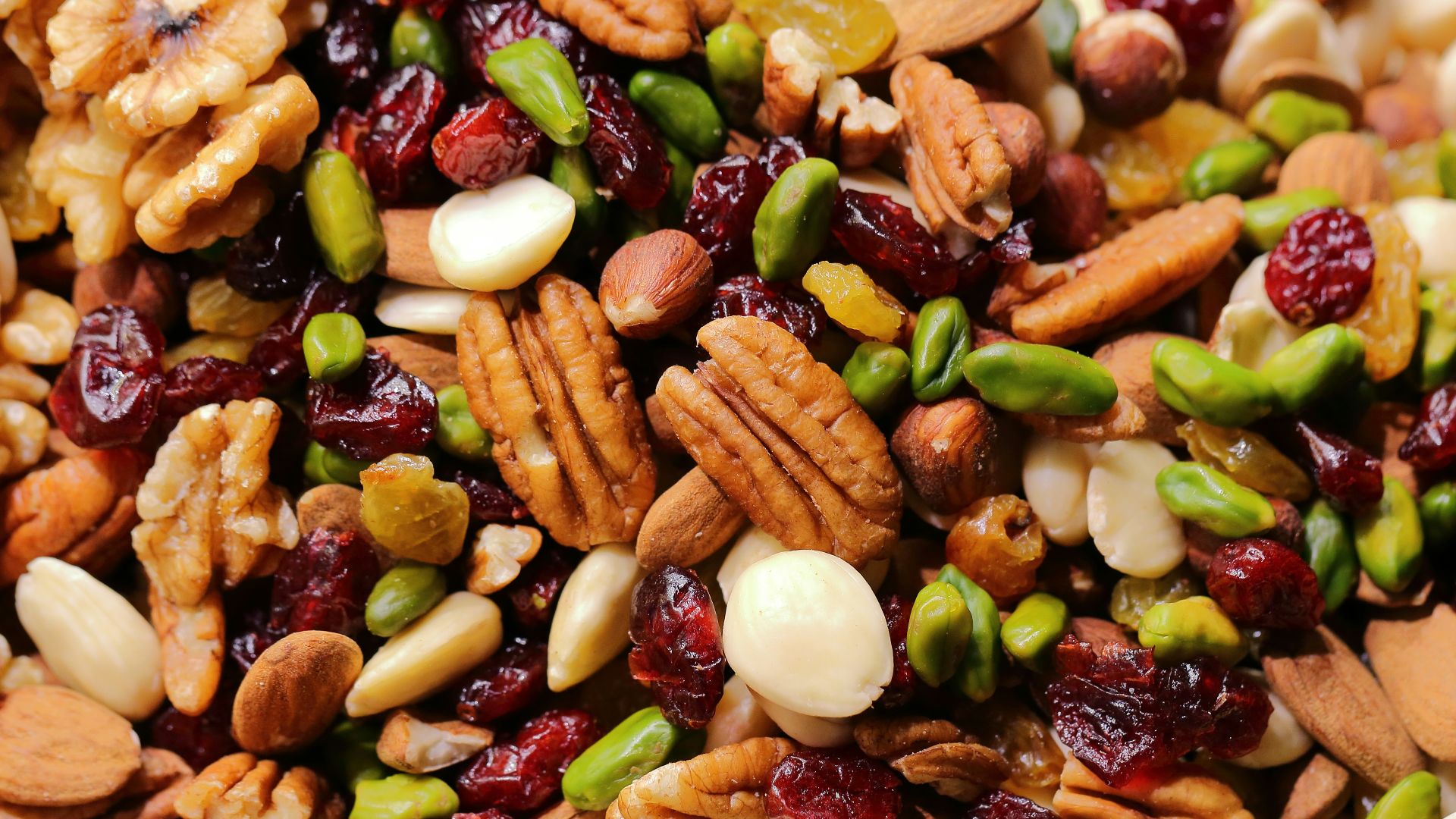10 Daily Habits That Secretly Mess Up Your Hormones & 10 That Balance Them Naturally
10 Daily Habits That Secretly Mess Up Your Hormones & 10 That Balance Them Naturally
Don’t Make These Common Mistakes
Hormones are responsible for so many things in our bodies, from how much energy we have and our mood to our appetite and metabolism. But there are a number of day-to-day habits that can impact them. With that in mind, here are 10 things that immensely impact your hormones, and what to do about them.
 Solving Healthcare on Unsplash
Solving Healthcare on Unsplash
1. Nutrition and Diet
Your diet affects your internal environment, and this includes your hormones. An unhealthy gut from a poor diet can cause inflammation, which interferes with hormones. Chronic inflammation from constantly overtaxing your immune system and running your hormones off balance by consistently feeding them nutrient-poor foods will lead to health problems.
2. Insomnia
Sleep deprivation can set off a chain reaction of hormones. When you don’t get enough sleep, your cortisol goes up. Cortisol spikes your blood sugar and then plummets it. You're left feeling stressed and irritable, with carb cravings and junk food desires. Getting rest is a top priority. It will help keep your cortisol from getting too high, as well as your entire hormone cascade.
3. Stress
When you're stressed, your body produces stress hormones like cortisol. These take priority over all other hormone production in your body. Chronic stress can throw off other hormones like your reproductive hormones and your thyroid.
4. Lack of Exercise
If you aren't moving regularly, you are missing out on endorphins, the feel-good chemicals your body releases during exercise that also help to regulate hormones. Any kind of movement helps keep the body and immune system strong, and can also help keep your libido up and running. Moving regularly will help you feel balanced and hormonally even-keeled.
5. PMS Sweets
Sugar is nice, but it can make premenstrual mood swings a lot worse. It impacts neurotransmitters and blood sugar, which are already susceptible to disruption during PMS. Avoiding sugar during this time can help you feel more balanced and less cranky.
6. Drinking
Drinking can cause estrogen dominance, decreased testosterone, and disruption of your libido. It also puts you at greater risk for liver disease, insulin resistance, and malnutrition. If you choose to drink, one drink a day for women and two for men is considered moderate.
7. Exposure to EDCs
EDCs are present in plastics, personal care products, and some household items. They can mimic or block the hormones in your body. These chemicals can affect hormone production, storage, and sensitivity, disrupting your internal balance. Limiting EDC exposure helps protect your hormonal health.
8. Crash Diets
Low-calorie diets or over-exercising can also cause your body fat to decrease too much, thus lowering your estrogen and possibly stopping your period. Remember, your body needs fat to function and produce hormones, so drastic dieting can be dangerous. Eating and exercising in moderation is best for healthier hormone levels.
9. Coffee
High doses of caffeine can trigger the adrenal glands to secrete more stress hormones, impacting your sleep, appetite, and energy levels. In the long term, excessive caffeine consumption can interfere with hormone balance instead of giving you a desired jolt of energy. Restricting caffeine intake, particularly in the afternoon, can promote more balanced energy levels and hormone stability.
10. Avoiding Cardio
Irregular cardio can have a silent impact on your hormones. By exercising regularly, you can lower your ghrelin levels. Ghrelin is a hormone that causes you to feel hungry. A lack of cardio could make you feel hungrier than normal.
Now that we talked about 10 habits that impact your hormones, here are 10 things to do to fix it.
1. Regular Exercise
Exercise enhances blood flow and hormone receptor sensitivity, allowing your body to utilize nutrients and hormonal signals more efficiently. It also reduces insulin levels and improves insulin sensitivity, promoting energy balance and metabolic health. In fact, even regular moderate movement can have a significant impact on your hormones.
2. A Moderate Weight
Obesity is a major cause of insulin resistance, whereas weight loss in those who are overweight or obese can improve hormonal function and reduce the risk of diabetes and cardiovascular disease. Consuming calories in a range that is appropriate for your individual needs can help to maintain a healthy body weight and support hormonal balance. Maintaining a healthy weight is an effective and accessible method of supporting endocrine health.
3. Gut Health
A balanced microbiome may control insulin sensitivity and reduce hunger and fullness. Eating probiotic-rich foods, fiber, and prebiotics can promote healthy bacteria and may assist with balanced hormones. Supporting gut health is a win for digestion, immunity, and hormone health.
4. Protein
Protein is necessary to produce the peptide hormones that control growth, metabolism, appetite, stress, and reproductive function. It also reduces the hunger hormone ghrelin and increases hormones that make you feel full. Protein at every meal helps your body maintain energy and hormones throughout the day. Lean meats, fish, beans, and dairy provide protein.
5. Lower Sugar
Added sugars, particularly from drinks, can contribute to insulin resistance and hormonal imbalance. Excessive fructose consumption may lead to weight gain, blood sugar spikes, and long-term metabolic disturbances. Limiting sugary foods and beverages can help regulate hormones and reduce the risk of obesity and diabetes.
6. Healthy Fats
Healthy fats like omega-3s and MCTs support hormone function and insulin sensitivity. They can also help prevent cortisol spikes during stress and provide sustained energy without being stored as fat. Nuts, seeds, fatty fish, and healthy oils are all good choices for supporting overall hormonal balance.
7. High-Quality Sleep
Disrupted sleep patterns can affect hormone cycles and negatively impact appetite, metabolism, and stress response. Ensure you are getting at least seven hours of continuous sleep per night to allow your body to restore and regulate hormones. Adequate sleep is vital for maintaining both physical and mental health.
8. Stress Reduction
High stress levels over a long time can cause your cortisol levels to become chronically elevated. This can lead to your hormone system becoming imbalanced. Stress hormones are like a chain reaction in your body; when they are chronically activated, your body has difficulty returning to normal. You can lower stress levels with mindfulness, meditation, deep breathing, or light exercise, which will all help your hormones too.
9. Mediterranean Diet
Foods that promote healthy estrogen levels for women include those found in the Mediterranean diet, which is high in vegetables, fruits, whole grains, and healthy fats. Diets high in processed foods and refined sugars can lead to increased estrogen levels, contributing to various health concerns. Opting for Mediterranean-style dishes can help regulate hormones, improve blood sugar control, and support overall reproductive and brain health.
10. High-Fiber Diets
Fiber regulates hormones by increasing insulin sensitivity and triggering fullness hormones. Soluble fiber has been shown to increase satiety the most, but insoluble fiber is still beneficial. Consuming fiber every day is critical for controlling appetite and for long-term metabolic and hormonal regulation.


























